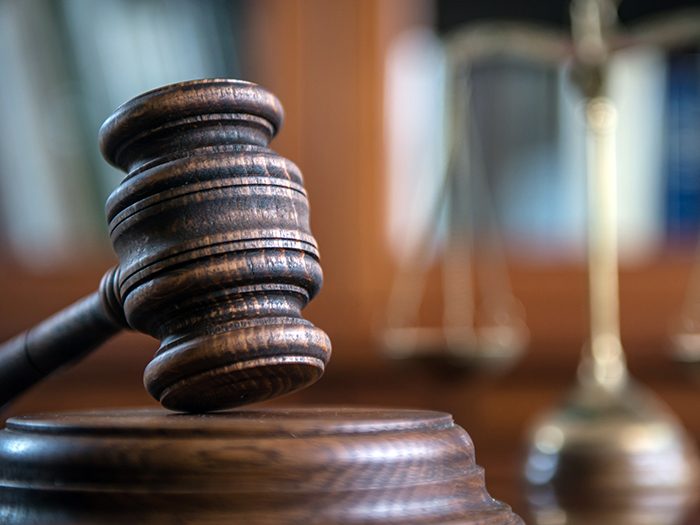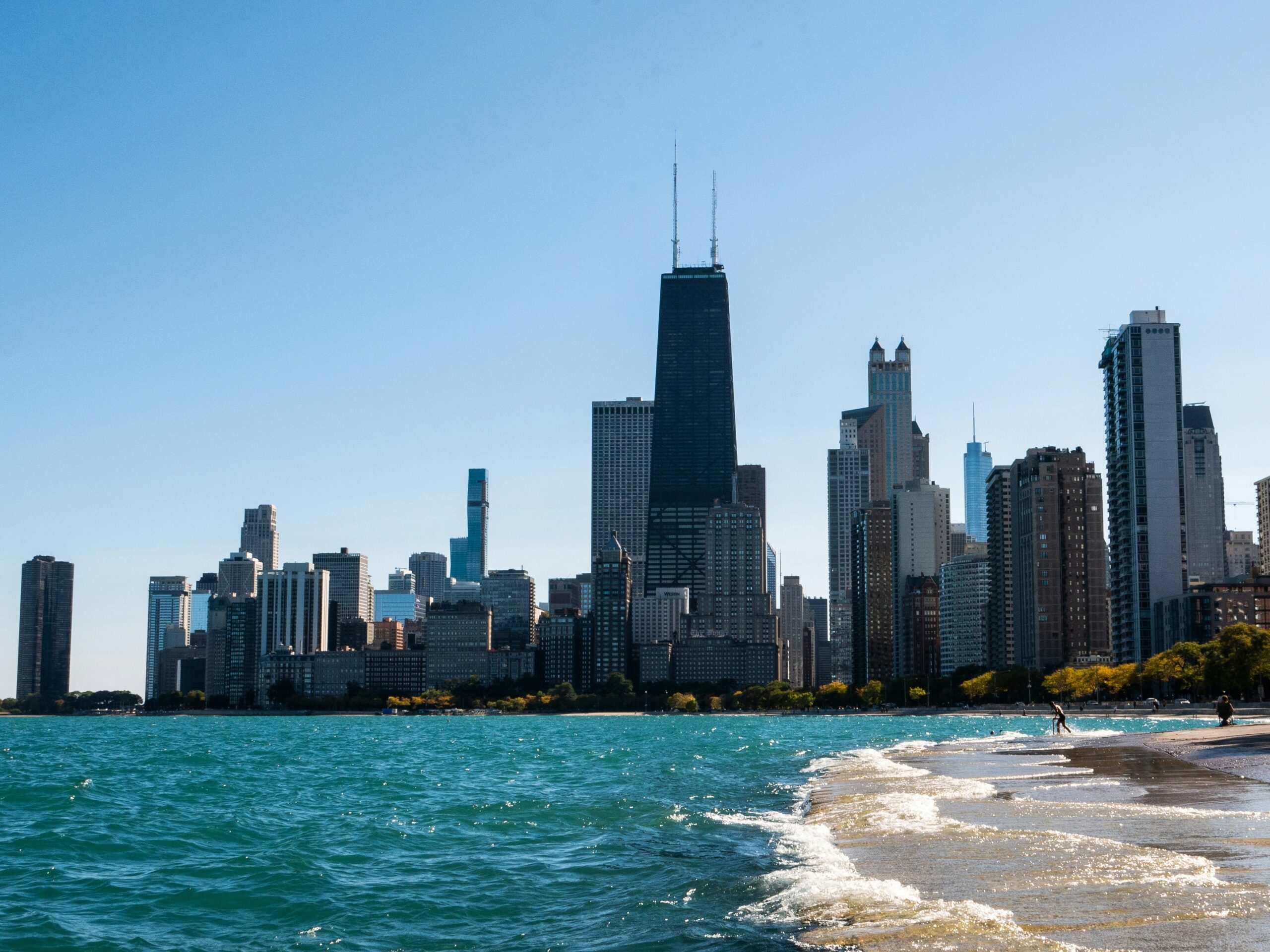Legal Roundup: Okla. Tribes Sue Over COVID-19, Comcast’s Racial Discrimination Suit and More

Oklahoma Tribes Sue Over Coronavirus Casino Closures
The Case: The Chickasaw and Choctaw nations in Oklahoma have separately sued their insurance companies over business interruption coverage during the coronavirus pandemic.
The Native American tribes have closed casinos and other businesses in an effort to help slow spread of the disease. In many cases, business interruption coverage is tied to property insurance and doesn’t kick in unless there is physical property damage.
Attorneys for the tribes argue that there was, in fact, damage, because the facilities can’t be used for their intended purpose, according to The Oklahoman.
Scorecard: The case is still in its early stages.
“The insurance companies have not specifically denied that these are covered losses at this point … the lawsuits simply seek declaratory judgments that these are covered losses,” The Oklahoman reported.
Takeaway: Will insurers cover (or be forced to cover) business interruption losses due to the pandemic? That appears to be the question on the minds of insureds and insurers alike.
Business owners and company leaders are suing insurers, many times before even filing claims, in the hopes that the courts will eventually award them damages resulting from business interruption.
Government officials are putting pressure on insurance companies to cover the losses despite what the policy language states. Meanwhile insurers aren’t ready to budge. Get ready for legal battles that will likely take years to resolve.
Bloomberg 2020 Staffers Sue Over Promised Pay, Health Insurance
The Case: Former staffers for Mike Bloomberg’s failed 2020 presidential campaign are suing over promised pay and health benefits.
The class action lawsuit filed in the U.S. District Court for the Southern District of New York says campaign workers were promised compensation and benefits through November, according to Newsweek.
“The complaint notes that Bloomberg offered campaign staffers the opportunity to work through November for any Democratic nominee, even if he lost the nomination, in a move designed to entice them over to his late entry campaign,” Newsweek reported.
Scorecard: The case has recently been filed and is in its early stages. It appears that attorneys are still trying to find plaintiffs to add to the case.
Takeaway: At issue is Fair Labor Standards Act (FLSA) protections.
“In order to avoid paying overtime wages or other benefits, duties such as making phone calls, recruiting volunteers, phone banking and canvassing were labeled as ‘exempt’ from FLSA protections,” Newsweek reported.
“The complaint notes that ‘thousands’ of ex-employees have been hurt by the Bloomberg campaign’s alleged unlawful actions, but there are far too many to be individually joined in the lawsuit.”
Supreme Court Sides with Comcast in Racial Discrimination Dispute
The Case: Entertainment company owner Byron Allen sued Comcast claiming that the cable giant racially discriminated against him by refusing to carry his cable TV channels.
Comcast claimed Allen’s channels had low ratings. Allen sued for $20 billion.
The Philadelphia Inquirer reports that Allen sued over “Section 1981 of the Civil Rights Act of 1866, a Reconstruction-era law that prohibits discrimination against African Americans in business contracts. Specifically, the law ensures that everyone in the United States has the ‘same right’ to make and enforce contracts.”
After the Ninth Circuit in California ruled that Allen’s suit could proceed, Comcast petitioned the Supreme Court.
Scorecard: The Supreme Court sided with Comcast.
The Philadelphia Inquirer reports: “The high court did not weigh the merits of Allen’s allegations. At issue was whether a person filing a racial-discrimination lawsuit must allege that race was the determining reason that a contract decision was made, or if a person can merely allege that race was one ‘motivating factor’ for a case to proceed.”
The case is now headed back to the Ninth Circuit.
Takeaway: Civil rights groups panned the decision.
The NAACP called it a “huge step backward” while the Lawyers’ Committee for Civil Rights Under Law said it “weakens our nation’s oldest civil rights statute and may shut the courthouse door on some discrimination victims who, at the complaint stage, may simply be without the full range of evidence needed to meet the court’s heightened standard,” according to the Philadelphia Inquirer.
Comcast said the decision “restored certainty on the standard to bring and prove civil rights claims.”
Uber Sues L.A. Over Real-Time Data For Scooters, Bikes
The Case: Uber has sued Los Angeles over a rule requiring real-time data on shared scooter or bike rentals in the city.
Uber owns Jump, one of eight companies in a pilot program with “a fleet of about 32,000 scooters and bikes that see about 1 million trips per month,” according to the Los Angeles Times.
Uber claims the rules “violate the protections against unreasonable search and seizure in the 4th Amendment and the California Constitution … and that sharing data on riders in real time could easily reveal where people live, work, socialize or worship,” the newspaper said.
A representative from Los Angeles said that the timing was unfortunate given that resources are tied up with fighting the coronavirus pandemic.
Scorecard: The case has just been filed.
Takeaway: The case could set precedents for privacy requirements in cities with shared bike or scooter programs like Philadelphia, New York, Austin, Seattle and San Jose. &










